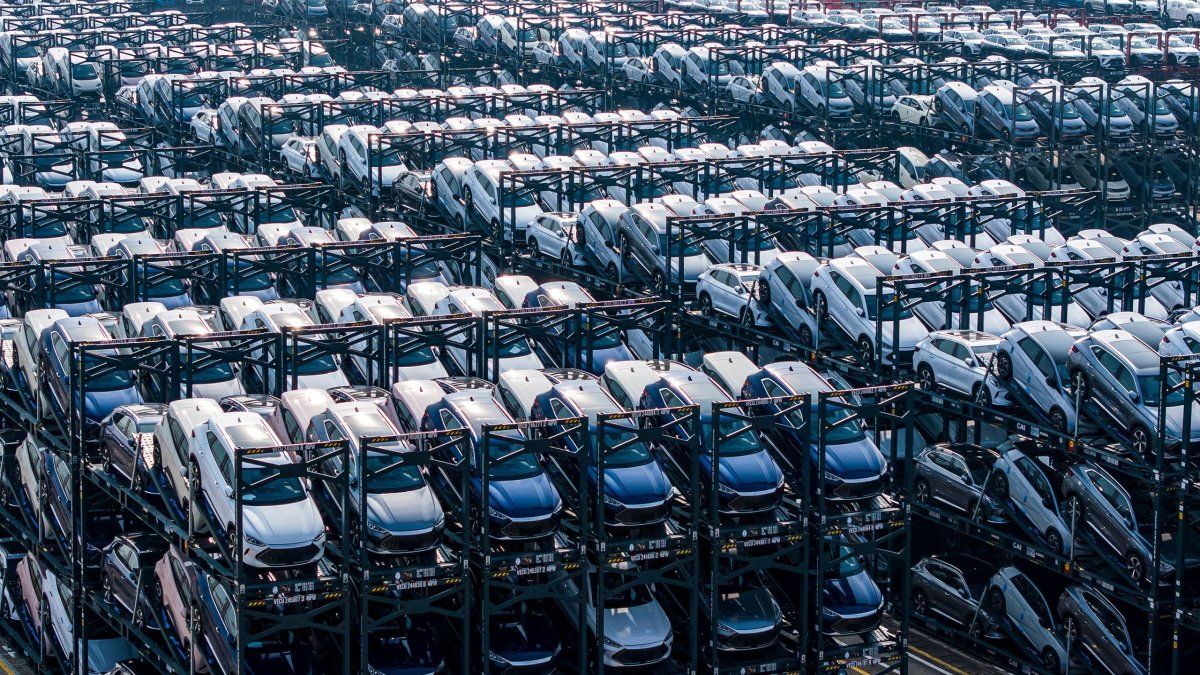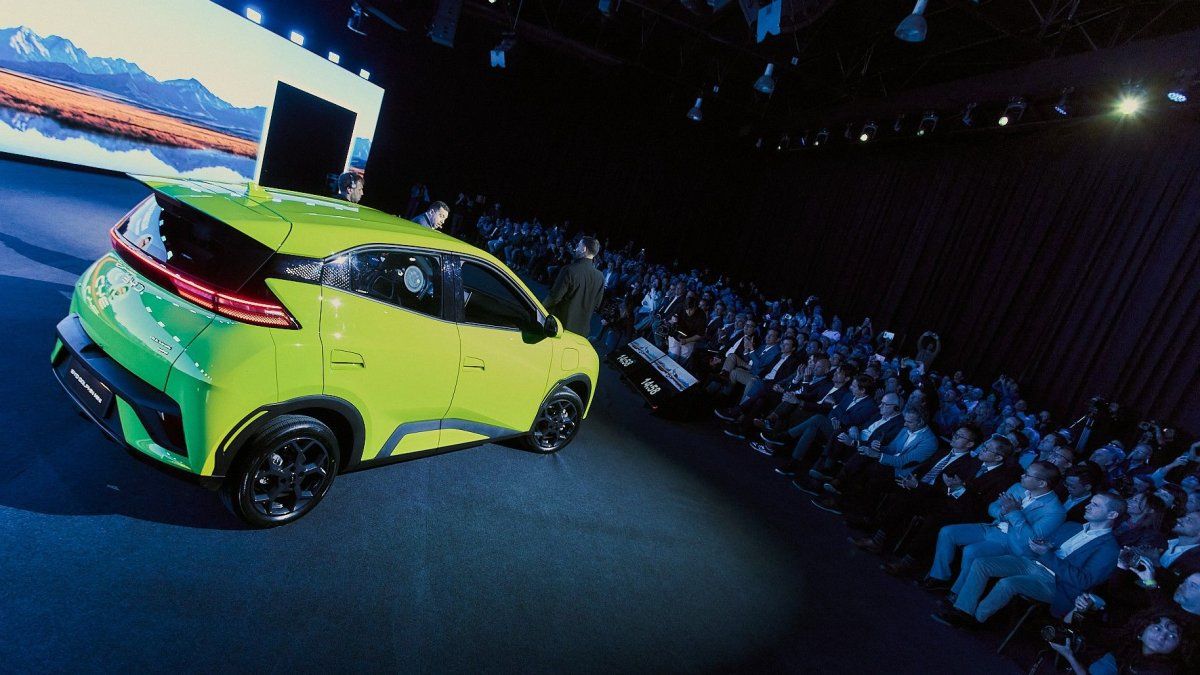As China goes through an unprecedented battle in its electric carsArgentina witnesses the massive landing of brands from the Asian giant. In a few years, firms like BYD, Chery, Changan, Jetour, Geely and others began to occupy an increasingly larger space in the local market, offering electric and hybrid products at more competitive prices than those of their European or American rivals.
But behind the apparent success, the Chinese experience is beginning to show a less bright side: fierce competition that threatens the profitability of the very companies that fueled the boom.
The analyst Dan Wangwho lived in China between 2017 and 2023 and currently works as a researcher at the Hoover Institution from Stanford University, maintains that the Chinese market “It is saturated with too many car company founders, locked in a brutal fight for market share”. In his book Breakneck: China’s Quest to Engineer the Future, Wang describes how State subsidy policy and local enthusiasm for technological innovation generated an ecosystem of extreme competition.
“There are too many entrepreneurs, too many engineers and too much desire for local governments to support local champions”he pointed out. “Brutal competition has produced many of the successes of Chinafor example, in solar and electric vehicles. It’s also a reason why many of these industries have low profits,” he added in an interview with Business Insider.
byd-boat(1)
Asian analyst warns that the Chinese market “is saturated with too many founders of automotive companies, locked in a brutal fight for market share.”
Since 2009, the Chinese government has allocated more than US$230 billion in direct subsidies and fiscal support to the sector, according to the Center for Strategic and International Studies of USA. Added to this are the incentives of regional governments, which seek to position their own brands. The result: an avalanche of new models, falling prices and increasingly tight margins.
In that context, Wang himself warns that the price war “won’t stop anytime soon, and that’s by design.” According to the analyst, the system promotes constant expansion and lets the market eliminate the weakest. “Companies launch undifferentiated products, compete at losses and pray that their rivals run out of money first”describes.
The consequences are already being felt. In August, BYDleader in sales of electric vehicles, reported a drop in 30% on your quarterly profitsaffected by the “excessive marketing and discounts” applied to sustain its position. In May, the brand had reduced prices of 22 electric and hybrid models.
The situation also impacts the rest of the ecosystem: the founder of Xpeng, He Xiaopenganticipated that between 2025 and 2027 the industry will experience a “round of elimination.”
“I personally believe that there will only be seven large car companies that will exist in the next 10 years,” said the businessman, referring to the immediate future of the sector.
For Wang, what happens in China is not an accident, but a logical consequence of its own development model: “Competition in China It is ruthless, and it is difficult for that situation to change. “It is a function of the gigantic scale of the market and the entrepreneurial spirit that pushes entrepreneurs to seek opportunities.”
What happens in China, a lesson for Argentina
The arrival of Chinese brands in the country presents an unprecedented opportunity, but also a strategic challenge. For now, Asian automakers find fertile ground in Argentina: consumers attentive to price, interest in technology and a vehicle fleet that is beginning to incorporate hybrids and electric vehicles. However, the Chinese mirror shows that uncontrolled growth can lead to supply saturation, discount wars and loss of profitability.
The case of the Asian giant serves as a warning for the coming years. If the Argentine market manages to absorb the expansion with clear rules, local investment and an ecosystem of services that accompany electrification, it will be able to capitalize on technological advance without repeating the excesses of the Chinese model. Otherwise, Fierce competition could turn the promising electric future into a downhill race.
Source: Ambito
I’m a recent graduate of the University of Missouri with a degree in journalism. I started working as a news reporter for 24 Hours World about two years ago, and I’ve been writing articles ever since. My main focus is automotive news, but I’ve also written about politics, lifestyle, and entertainment.




